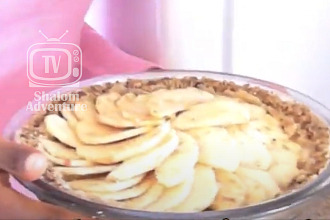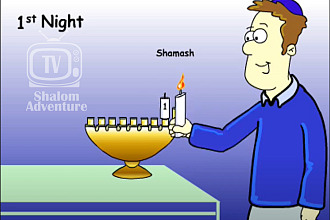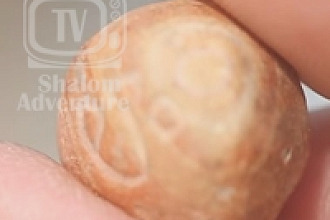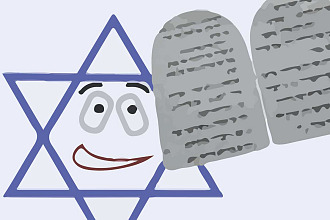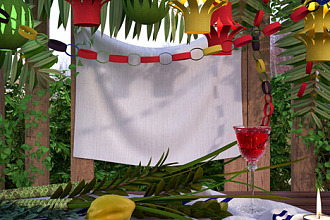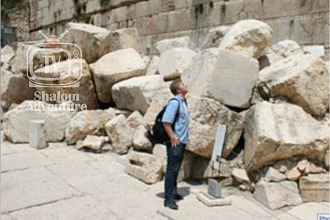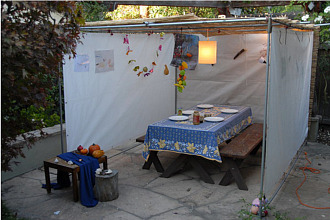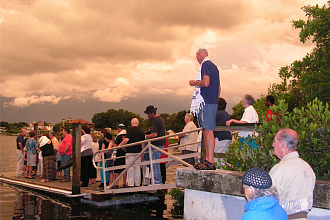Our Predicament
God is holy, and He must be regarded as holy (Lev. 19:2). Sin cannot exist where He is, and in fact His eyes are too pure even to look upon evil (Hab. 1:13). If God is to be approached, it must be according to His prescribed means.
This is made evident in Scripture in the account of the High Priest Aaron's sons, Nadab and Abihu, who "offered unauthorized (strange and unholy, AMP) fire before the Lord, contrary to his command." (Lev. 10:1) God's response to this 'Unauthorized fire' is recorded like this:
"Fire came out from the presence of the LORD and consumed them, and they died before the Lord." (Leviticus 10:2)
The problem is that all of have been plagued by sin and its ugly, even fatal, effects. The Scripture says: "[We] have all turned aside; together [we] have become corrupt; There is no one who does good, not even one" (Ps. 14:3).
Note the wording above: "together [we] have become corrupt." In the days of Moses and Aaron, perhaps it would have been easy for the children of Israel to "point the finger" at Nadab and Abihu, and say "thank God we're not like those guys" (compare with Yeshua's parable in Luke 18:9-14). But the truth of the matter is, the poison of Adam's sin contaminated the whole camp of Israel. Sin was not isolated to Aaron's two sons--though their deaths certainly served as an example to all of how NOT to approach the LORD.
God's Prescription
In Leviticus 16, we witness God giving instructions to Moses as to how Aaron shall properly approach the LORD and so avoid the plight of his sons (v.2). The prescription includes mandates of the appropriate attire Aaron should wear (v. 4), the types of sin offerings and burnt offerings that were required (vv. 3, 5), and the necessity of a "scapegoat...to be used for making atonement by sending it into the wilderness." (Lev. 16:10) God in His mercy was not only allowing Aaron an opportunity NOT to repeat the deadly mistakes of his sons, but also providing a way for Aaron's sins, and those of his household, to be atoned for. (16:6)
Following this thought a bit further, we find that the scope of God's mercy towards sin was not limited to Aaron and his household.
Leviticus 16:15
Then shall he kill the goat of the sin offering that is for [the sins of] the people and bring its blood within the veil [into the Holy of Holies] and do with that blood as he did with the blood of the bull, and sprinkle it on the mercy seat and before the mercy seat.
Leviticus 16:17
There shall be no man in the Tent of Meeting when the high priest goes in to make atonement in the Holy of Holies [within the veil] until he comes out and has made atonement for his own sins and those of his house [the other priests] and of all the congregation of Israel.
The atonement provided was not for the people alone, either, but extended to "the holy sanctuary, the tent of meeting, and the altar" (see vv. 16,18, and 33). Sin had rendered even the place of worship unclean, but this too God mercifully provided atonement for.
In Yom Kippur, God designated one day that a "ransom" would be made for His people. A price had to paid--the price of an "innocent life"--for their redemption. Sin and defilement would be removed by the "sprinkling of sacrificial blood." One day per year--the holiest Day on the Biblical Calendar--Aaron, or one in his High Priestly line, "would enter the Holy of Holies to make atonement for the nation."
Picture originally found here
Posted on Shalom Adventure by: Alan Jeffers


